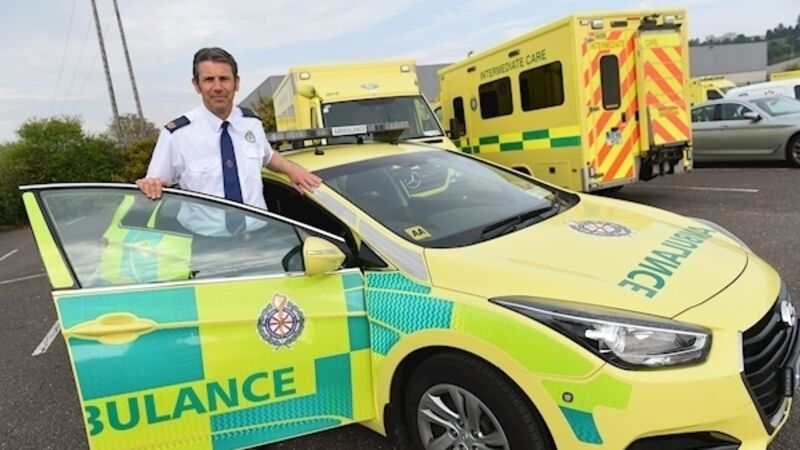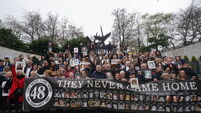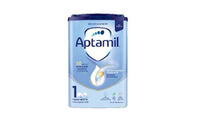The Frontline Worker: ‘If anyone asks for our help, we won’t let them down’

On Fridays, Kieran Henry passes around the many cards sent by grateful patients, thanking ambulance paramedics for helping them in their hour of need and wishing them well in the fight against Covid-19.
“You can get so wrapped up in your work, seeing those messages is a nice way to start the weekend,” says Mr Henry, operations resource manager for the National Ambulance Service’s Southern Region.













